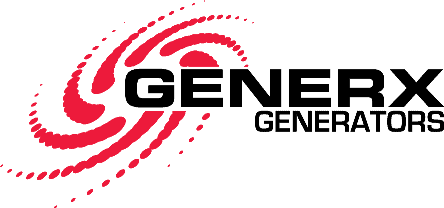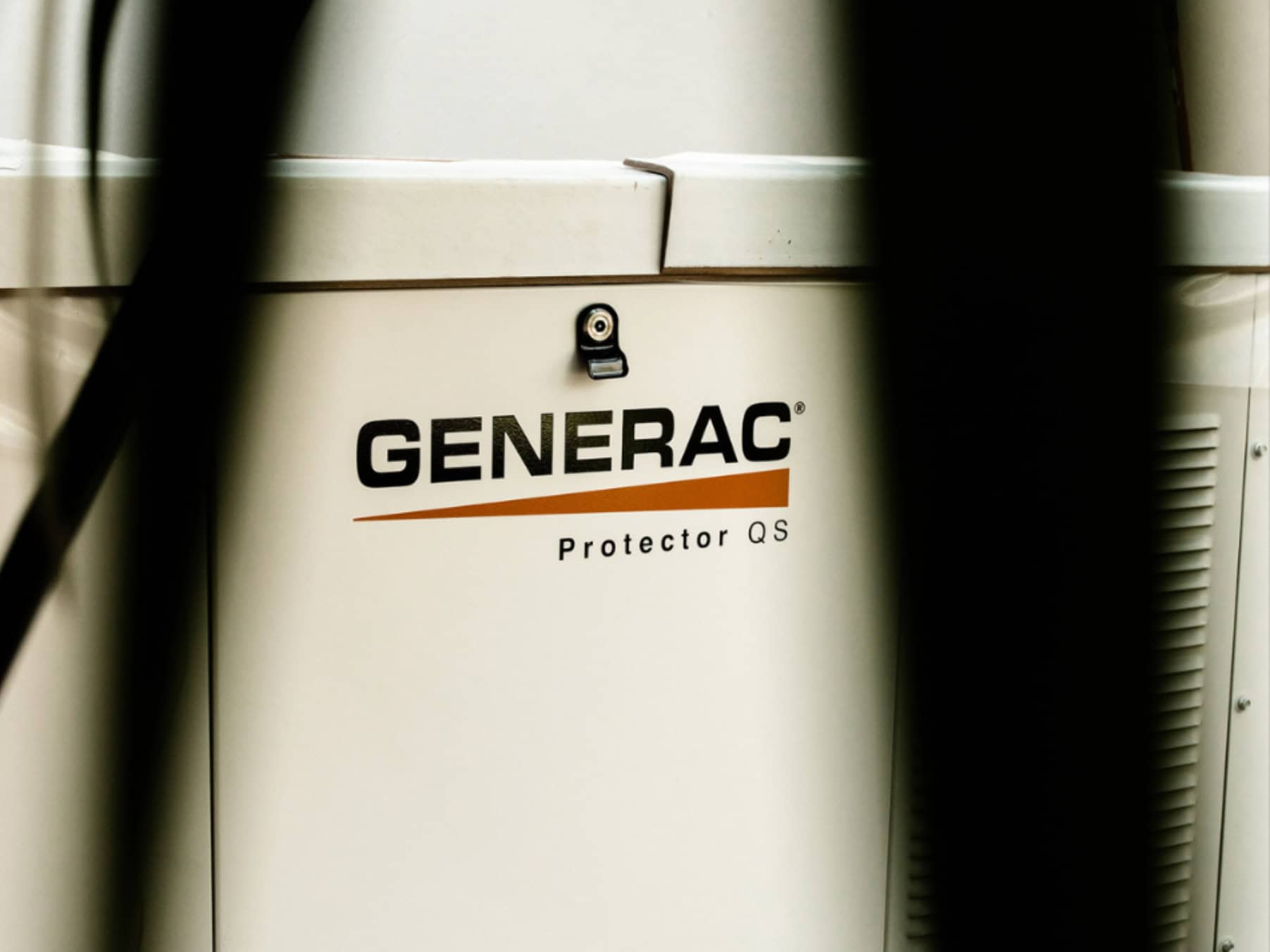Deciding on whether or not to get a generator for your house can feel difficult. Is it worth the investment? How can you justify the purchase when you don’t know if and when any hurricanes will even strike in the foreseeable future? Is it really so bad to go without power for a day or two? Of course, there’s no set answer to any of these questions; your family’s unique circumstances will determine whether or not a generator should be a priority investment. However, there’s no denying that generators are useful – especially in Florida, where several months out of the year bring in recurring thunderstorms. Either way, today we’ll be going over a checklist of circumstances and ideas to consider if you’re on the fence about getting a generator for your house. Let’s get into it.
The Generator Priority Checklist
Though a generator is never a bad investment for your home, it’s true that some circumstances can make getting one more of an immediate necessity than others. If you and your family identify with any of the following, it’s time to really consider investing in a generator for your house:
✔ You or anyone in your household depends on electric or rechargeable medical equipment.
✔ You or someone in your family works or does school primarily from home. With COVID-19 leading to more people than ever doing this indefinitely, this is an important one to consider.
✔ You have a large family and a high amount of perishable foods that you want to avoid going to waste in an extended power outage.
✔ You or a family member have allergies or respiratory conditions that would be worsened by going without an air conditioner, purifier, or humidifier for an extended period of time.
✔ You have elderly or infant family members who are more susceptible to injury in a fall.
✔ You have pets who you do not want to keep in the heat or humidity that comes with losing AC in a blackout.
Of course, any reason for wanting a generator is a valid one; they are means by which to stay comfortable and productive in any outage. With that said, if any of the above checklist items apply to you and your family, chances are that the risks of being left without power outweigh reservations you might have about investing in a residential generator.
How to Find the Right Generator
If you’re considering getting a generator for your home, the best thing you can do is start your search early. This is true for a variety of reasons. For one, you’ll avoid the high-demand time between summer and fall when numerous families and businesses reach out to generator providers. As a result, you’ll likely have lower wait times for generator installation. Additionally, it’s a good idea to give yourself plenty of time to find a reliable generator dealer. This is because you’ll probably have to work closely with your dealer to determine how much power you’ll need from a residential generator. This includes calculating the total energy output of the appliances and electronics you’ll want to keep on. It sounds more complicated than it is; working with a dealer you trust will ensure that you find a machine that gives you exactly what you need, no more, no less. Even if you’re not 100% sure that you want a generator, it’s an idea worth investigating so that, if you do decide that you want to invest in one, you’re able to do it as efficiently and easily as possible.
We hope this was a helpful resource as you continue to consider whether it’s worth it to get a generator for your home. If you want to learn more about generators, including a free quote on your generator installation, please don’t hesitate to contact us.

